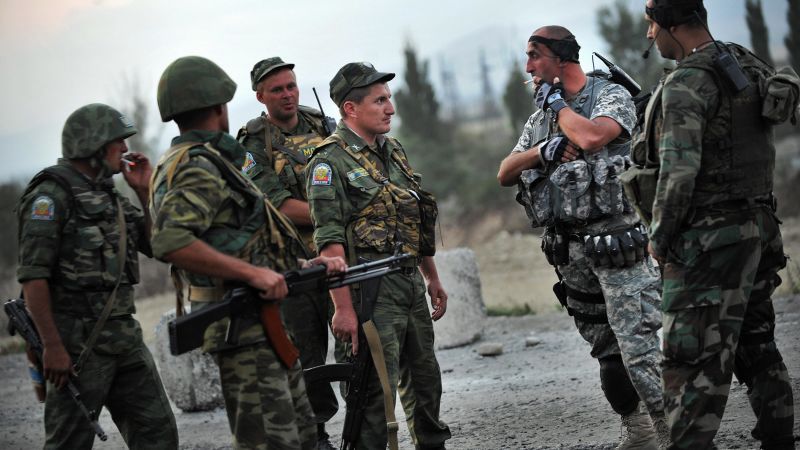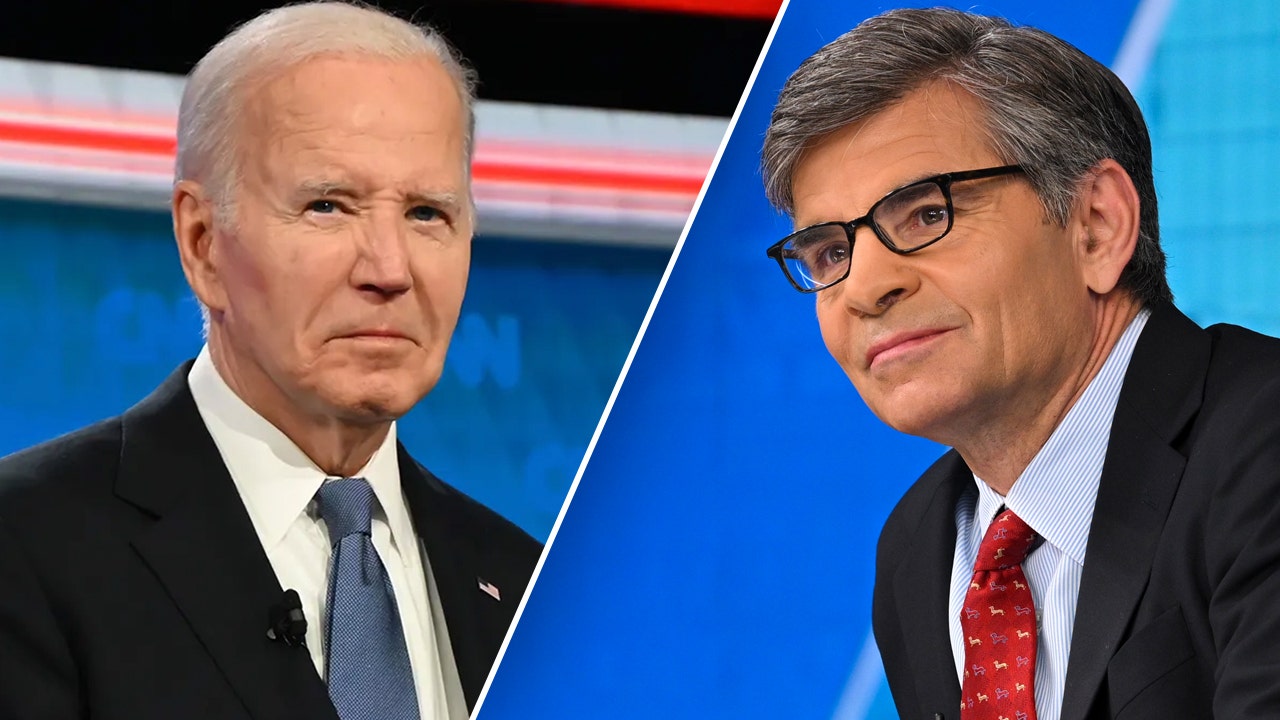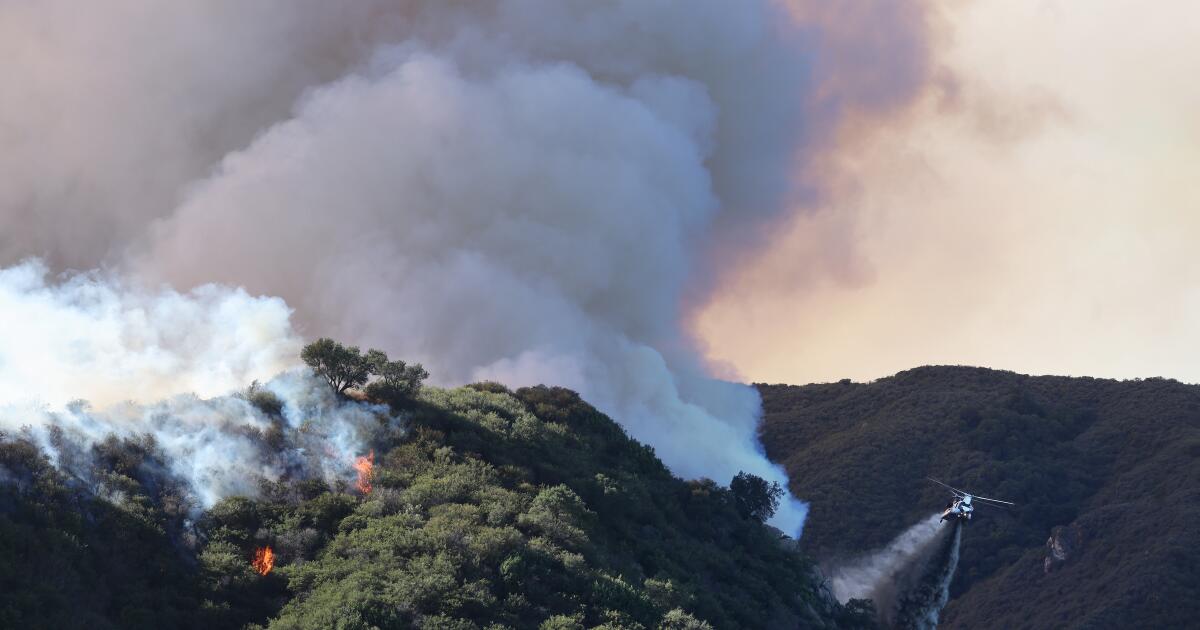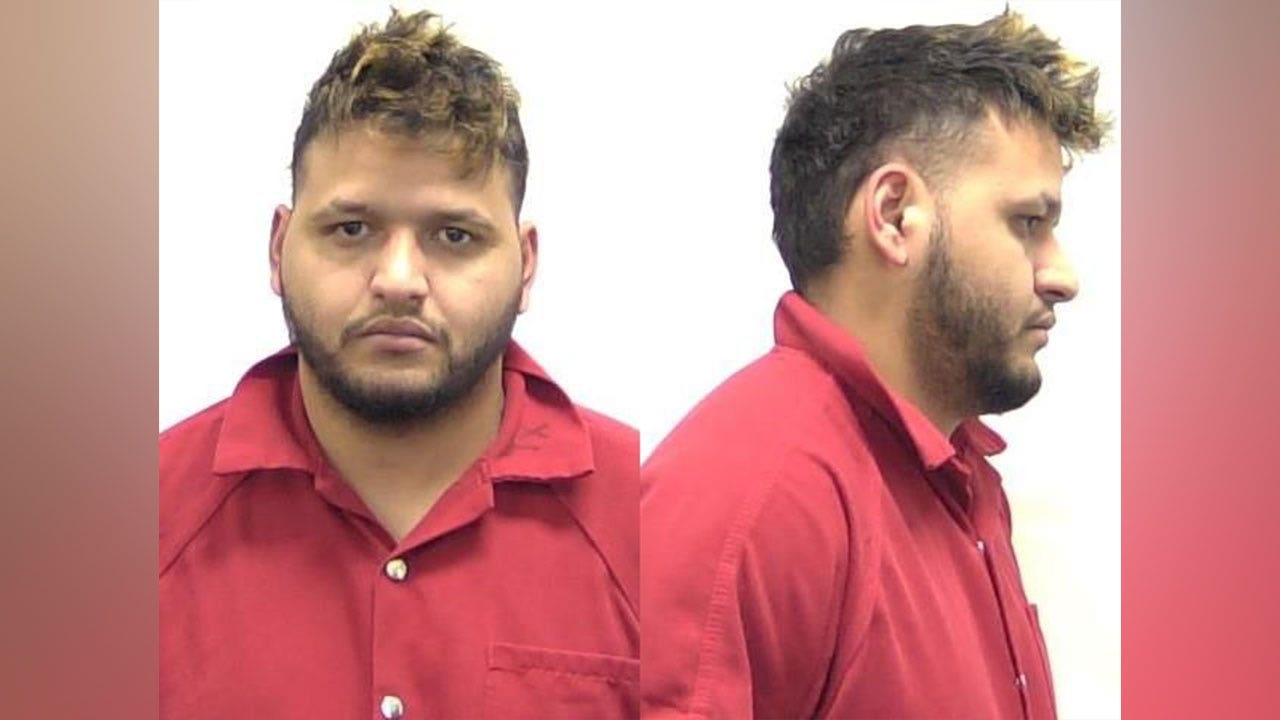cnn
—
Here's a look at the 2008 military conflict between Russia and Georgia.
The conflict centered on South Ossetia and Abkhazia, two “breakaway provinces” of Georgia. They are officially part of Georgia, but have separate governments not recognized by most countries.
Abkhazia and South Ossetia are supported by Russia.
During the five days of conflict, 170 Georgian military personnel, 14 police officers and 228 civilians were killed and 1,747 wounded. Sixty-seven Russian servicemen were killed and 283 wounded, and 365 South Ossetian servicemen and civilians (combined) were killed, according to an official EU investigation report into the conflict.
1918-1921- Georgia is briefly an independent state after separating from the Russian Empire.
1921 – After the invasion of the Red Army, Georgia and Abkhazia are declared Soviet socialist republics.
1922 – The Autonomous Oblast of South Ossetia is created within Georgia.
1931 – Abkhazia's status is reduced to an autonomous republic within Georgia.
1990 – South Ossetia declares its independence from Georgia.
April 9, 1991 – Georgia declares its independence.
1991-1992 – Civil war breaks out in Georgia. Zviad Gamsakhurdia is ousted as president.
1992 – Abkhazia declares its independence from Georgia, leading to armed conflict.
October 1992 – Eduard Shevardnadze is chosen to lead Georgia. He is re-elected in 1995 and 2000.
September 1993 – Abkhaz separatist forces defeat Georgian army.
October 1993 – Georgia joins the Commonwealth of Independent States.
May 1994 – A ceasefire is agreed and signed between the Georgian government and the Abkhazian separatists. Russian peacekeeping forces are deployed in the area.
October 2001 – Fighting resumes between Abkhazian troops and Georgian paramilitaries. Russia says it believes Georgia is harboring Chechen rebels, a claim denied by Georgia.
September 2002 – Russian President Vladimir Putin sends a letter to UN Secretary-General Kofi Annan, members of the UN Security Council and members of the Organization for Security and Cooperation in Europe, stating that Georgia must respond to accusations that they are harboring Chechen militants or will face military action from Russia.
October 2002 – Tensions with Russia calm after Shevardnadze promises to work with Russia to fight Chechen rebels.
November 2003 – Shevardnadze is forced from office in the “Pink Revolution.”
July 2005 – Under the terms of an agreement reached in May, Russia begins withdrawing its troops from two Soviet-era military bases.
May-June 2006 – Tensions between Georgia and Russia rise again as Georgia demands that Russian peacekeepers in South Ossetia have visas.
November 12, 2006 – A referendum is voted in which South Ossetians overwhelmingly demand independence.
November 2007 – Russia announces that it has withdrawn its troops based in Georgia. It maintains a peacekeeping presence in Abkhazia and South Ossetia.
April 3, 2008 – NATO members at a summit in Bucharest, Romania, postponed a decision on the admission of Georgia and Ukraine until December 2008.
April 21, 2008 – Georgia accuses Russia of shooting down a drone over Abkhazia on April 20. Russia denies the claim.
April 29, 2008 – Russia sends more troops to Abkhazia to counter what it says are Georgia's attack plans.
May 26, 2008 – A UN investigation concludes that the drone shot down on April 21 was hit by a missile launched by a Russian fighter jet.
May 30 and 31, 2008 – Russia sends several hundred unarmed troops to Abkhazia, saying they are needed for railway repairs. Georgia accuses Russia of planning military intervention.
August 7 and 8, 2008 – Georgian President Mikheil Saakashvili sends troops to South Ossetia. Russia responds by moving its troops to the border, flying planes over Georgia and launching airstrikes in South Ossetia.
August 8, 2008 – The United States, the United Kingdom and NATO call for a ceasefire in military hostilities from both Russia and Georgia.
August 9, 2008 – A delegation of EU and US diplomats heads to Georgia to resolve escalating tensions.
August 10, 2008 – Russia moves tanks and soldiers through South Ossetia and into Georgia proper, advancing towards the city of Gori.
August 12, 2008 – Russia calls for an end to its military incursion into Georgia and agrees to a six-point diplomatic push for peace. The plan is announced by French President Nicolas Sarkozy and Russian President Dmitry Medvedev.
August 13, 2008 – US President George W. Bush announces that humanitarian aid will be sent to Georgia. It is also announced that Secretary of State Condoleezza Rice will be sent to France and Georgia for a diplomatic mission.
August 15, 2008 – Saakashvili signs ceasefire agreement with Russia. The agreement is mediated by Sarkozy.
August 16, 2008 – Medvedev signs the ceasefire agreement.
August 22, 2008 – Russia partially withdraws its troops from Georgia, as part of the ceasefire agreement. Russia maintains soldiers at checkpoints near the disputed territories of Abkhazia and South Ossetia.
August 26, 2008 – Medvedev signs an order recognizing the independence of South Ossetia and Abkhazia. In response, President Bush issues a statement that reads, in part: “The United States condemns the Russian president's decision to recognize the Georgian regions of South Ossetia and Abkhazia as independent states… The territorial integrity and borders of Georgia must be respected, just like those of Russia or any other country.”
July 2009 – UN observers leave Georgia after almost 16 years. The mission was not extended due to the Russian veto.
September 2009 – A report by an EU fact-finding mission finds that historical tensions and overreaction by Russia and Georgia contributed to the five-day conflict. Georgia's attack on the South Ossetian capital, Tskhinvali, on the night of August 7 is considered the beginning of the armed conflict; However, the report notes that the attack was the culmination of years of growing tensions, provocations and incidents.
January 27, 2016 – The International Criminal Court, based in The Hague, authorizes an investigation into possible war crimes committed by Russian, Georgian and South Ossetian forces during the conflict.












